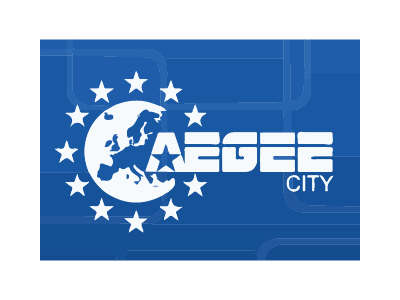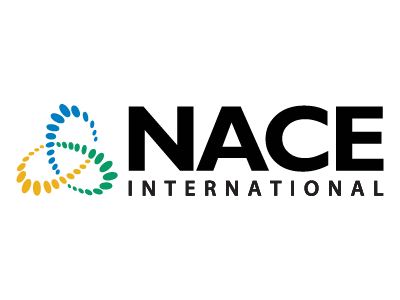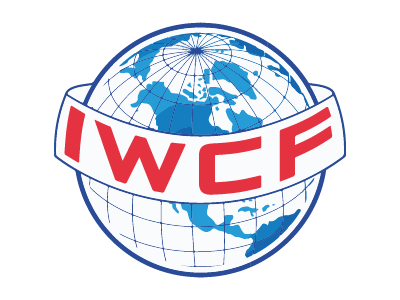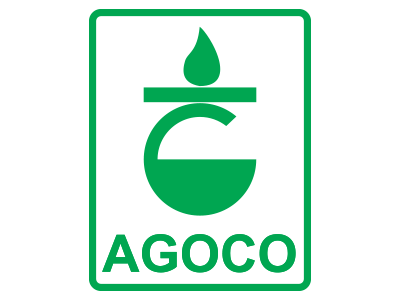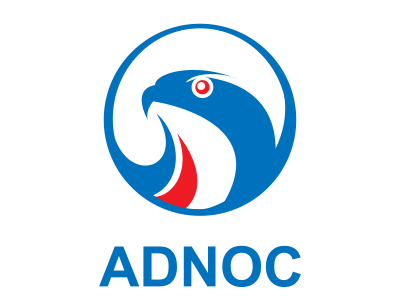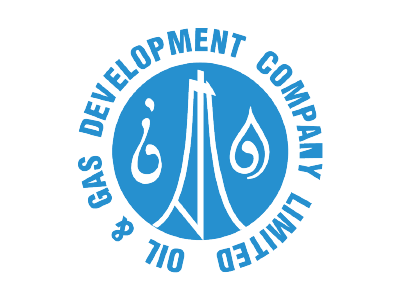International criminal law (ICL) is a developing area of law. While its boundaries are loosely constructed and expanding, its modern history dates back to the post World War II period when two bodies of law converged: public international law, which historically sought to guide and constrain the behavior of states, and domestic criminal law, which focuses on individual criminal responsibility for breaches of domestic laws. Thus, while a broad definition of ICL may include transnational dimensions of domestic criminal law, ICL is often understood as a subset of public international law involving the use of criminal sanctions to enforce law that is primarily international. Specifically, ICL borrows from two key areas of public international law, namely international human rights and international humanitarian law. Thus, certain actions that violate human rights – such as slavery – also give rise to criminal responsibility at the international level. Similarly, certain actions that violate international humanitarian law – such as abuse of civilians or prisoners of war committed in the context of armed conflict – also give rise to criminal responsibility at the international level. While ICL is enforced in a number of international or internationally-supported tribunals, it is also increasingly enforced in domestic courts, usually through domestic penal statutes or codes incorporating international norms. In sum, the field is now characterized by a cross-fertilization of international and criminal law enforced at both the international and domestic levels.
Inquire About this Program












